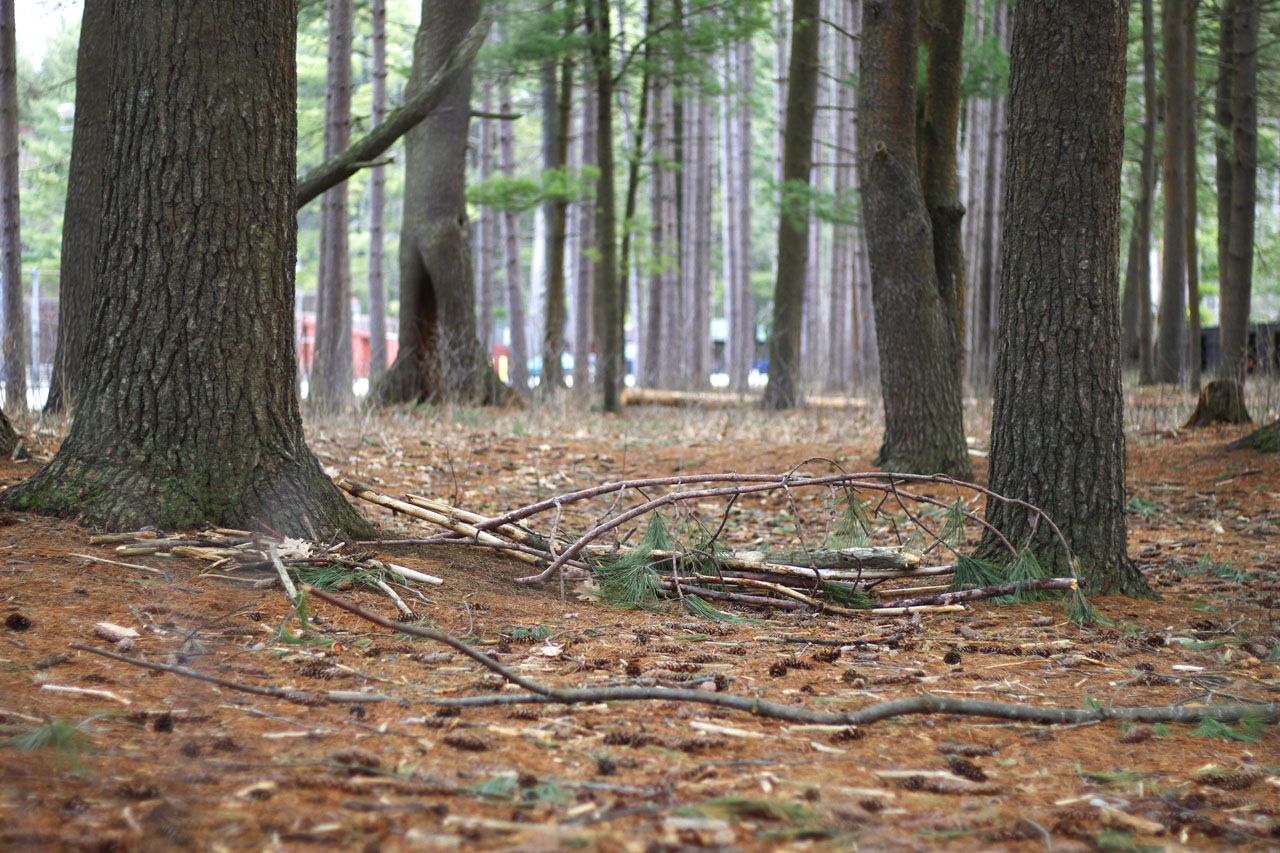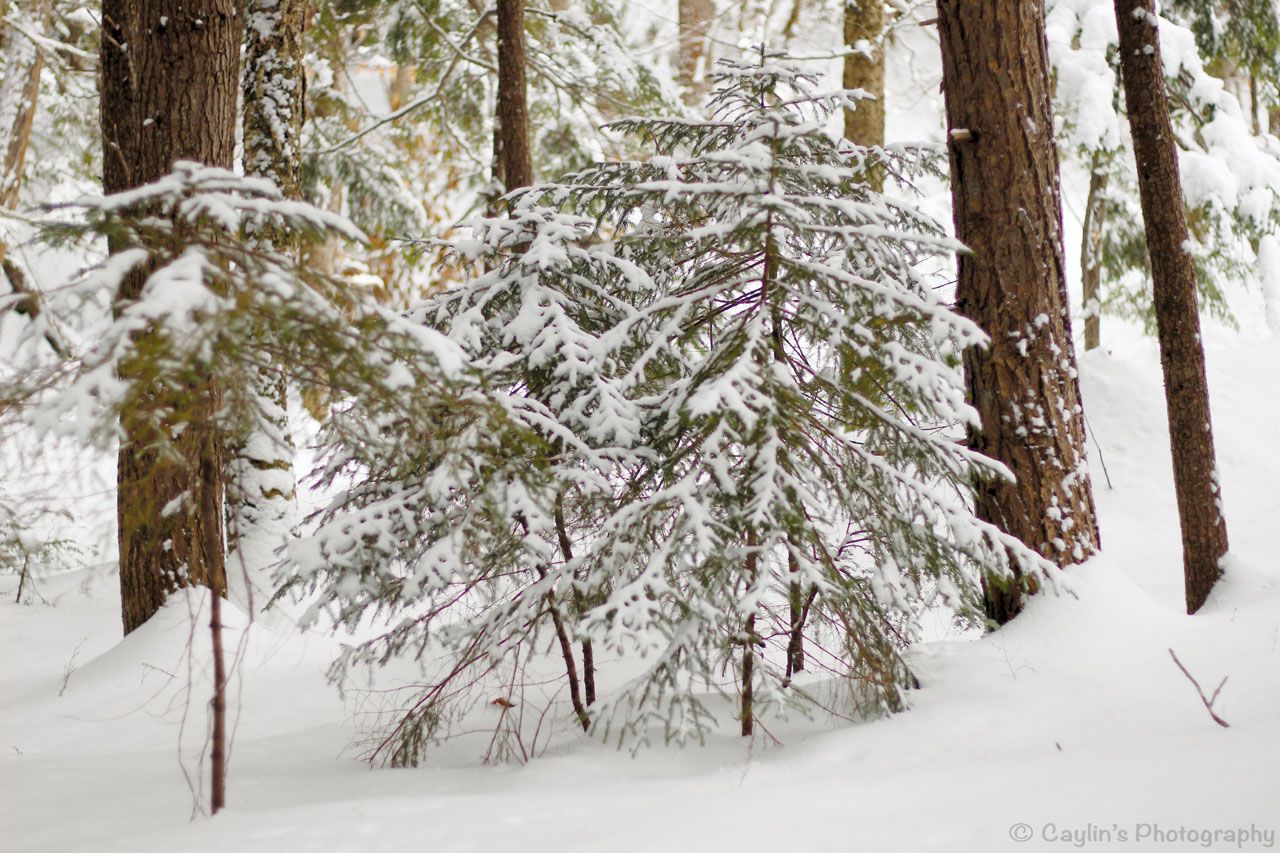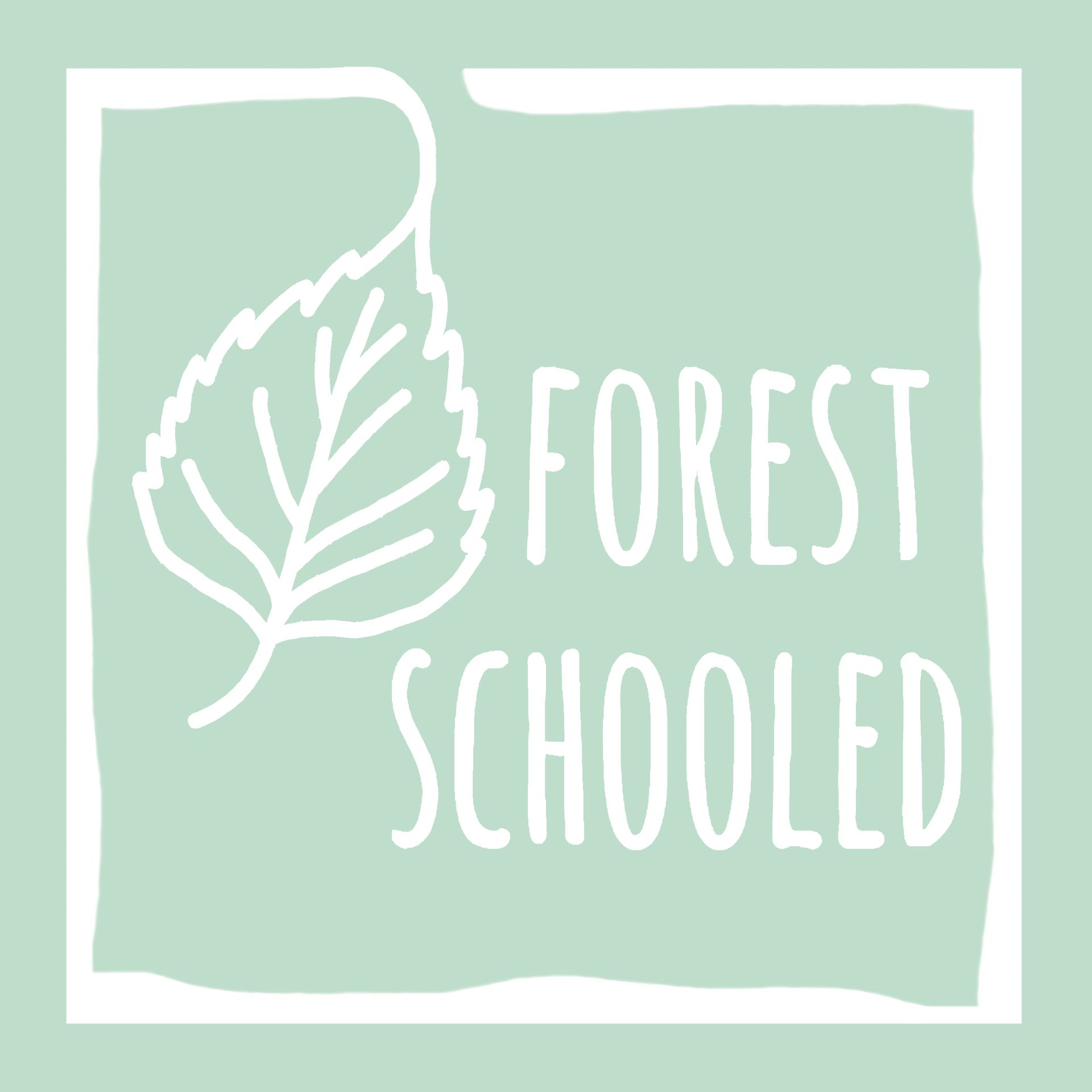Blog
Stories from my personal journey learning about and delivering Nature-rooted programs across three different countries
Lessons learned from starting programs from scratch...
Caylin (Forest Schooled)

Empty space, drag to resize
After starting a handful of programs from scratch, there are so many things I’ve learned from the process. (See Starting a Forest School Program from Scratch and Integrating Forest School into a Public School Day for some background about my experiences). Sometimes I wonder what it would be like to go back to the beginning and know then what I know now … what are some of the things I would tell myself? I’m a firm believer that everything comes at the right time and lessons are learned when you need them, so I want to frame this in a way that’s light-hearted, even amusing, about how far I’ve come rather than “regrets” about what I wish I’d known then. So, if you’ll humour me, these are a few things I would tell my past self about starting programs from scratch:
1. Consider how you’ll staff the program. I started running most programs as the sole member of staff and relied on volunteers to meet my ratios. I was lucky to have willing and able volunteers to support me, but it was also challenging to manage. Sometimes volunteers weren’t available and there were inconsistencies in who was there as well as their level of understanding of this type of work. Eventually I was able to build a case to hire additional members of staff and this has made a huge impact on the quality of what we can offer. It took time to build the relationships and trust to create multiple paid positions so it’s not always an option to start with, but I’m sure glad to have it now.
2. Find ways to involve families. I’ve made several efforts to involve parents in the program, including inviting them out for cookouts once a semester. This has been an incredible means of connecting children’s families to the space, and the children’s experiences to their home life, as well as building a stronger spirit of community for the program. It’s also allowed staff to get to know the parents better and parents have felt more comfortable to offer support and even donate equipment that have greatly benefited the program!
3. Tell stories!!! Oral storytelling is such a powerful offering for programs and I’m glad I got over my fear of doing it. I’ve learned how stories can provide inspiration for play and/or reflection and inspire a “sense of place” for learners. I now absolutely love writing stories based on the group’s experiences and the characters we come across both in person and in imaginary play. Stories help to link concepts (and people!) together in a very special way.
4. Reach out to the greater community. Not only have parents supported our programs, but by sharing our work with others around town we’ve also managed to get equipment donations and lots of visitors who want to learn from us. It’s created a bit of a buzz in the area and has helped to fuel further support for more programs.
5. Collect enough firewood for winter before it gets cold… This seems obvious, but I let it slip and ended up collecting and sawing up firewood after much of it had already frozen! This of course made it much harder and time consuming. Lesson learned.
6. Get a wagon. Oh, and a sled in the winter. No matter how ergonomic you try to be, programs that take place on land open to the public where nothing can be left will always require a certain amount of schlepping. But using a wagon or a sled has reduced the number of trips needed to and from the forest for set up/break down and therefore saved both time and effort (and backache!).

7. Try to integrate some form of evaluation into your programs. Finding ways to integrate “data collection” methods into your routines can provide you with the means to communicate the impact of your programs with the wider community. We’ve done this by providing journals for the children to write in, writing down our observations and quotes from the children, taking photos and videos, and surveying the parents. Documenting all of this is a lot of work… but in the end it provides excellent communication tools to advocate for this work. For ethical reasons, just be sure to obtain permission to collect data from all participants and their parents beforehand – we did this through verbal discussion with the children and written consent from the parents.
8. Consider “place.” Remember that programs are very site and context specific. Even with templates for policies and procedures, Risk Benefit Assessments, and Ecological Impact Assessments in place for other programs, it still takes time to tailor them to a new place and context. Taking the time is worth it to ensure a program is rooted in its particular place and community.
9. Learn from Indigenous perspectives. There is great challenge and importance in learning more about the histories and presences of Indigenous peoples. Delivering programs that have the land at their core requires much sensitivity, particularly in places with a colonial history that continues to harm and oppress. It’s deep, reflective, and uncomfortable work that requires taking on additional perspectives and building relationships with Indigenous peoples that are honest and reciprocal. I have much to learn and do in this area and this acknowledgement is only a start.
10. Get a bigger bookcase. The deeper I dive into this work, the more I’m reminded of what I don’t know! And there are so many books and resources out there to learn more. I’m keeping a list and making my way through them as and when I can make the time for it. Oh, how wonderful it is to be always learning!
11. Move slowly when the path to your Forest School site is covered in ice. Even if you think you’re really coordinated, you just may not be… Avoid making a hip-shaped indent in the ice (thankfully not hitting your head!) by moving slower (crawling, maybe?!) on ice.
12. Be thankful. It’s hard to write this without sounding cheesy, but these programs seriously wouldn’t exist without all the help I’ve received from so many people. I have so much appreciation to all who have supported me and the programs in big and little ways. It continues to be truly incredible experience and I want to take more time just being thankful.
By no means are these all the lessons I’ve learned, but they are the ones that stick out to me most, at least for now. If you’ve started programs too, what lessons would you share about what you’ve learned?
More Posts
WANT TO GET FOREST SCHOOLED TOO?
Subscribe to my email letters, something special from me to you so we can learn together. Each one is filled with heart-felt stories from the forest, resources you may find useful, and things that hopefully bring a smile too.
Thank you!
© 2022 by FOREST SCHOOLED

